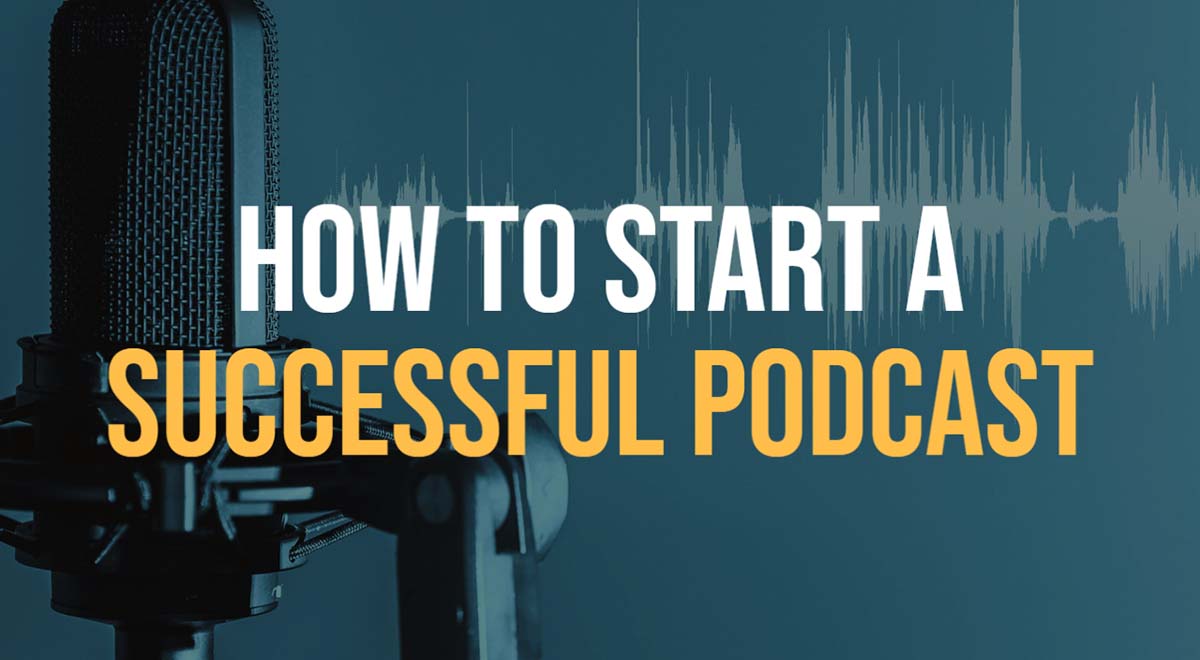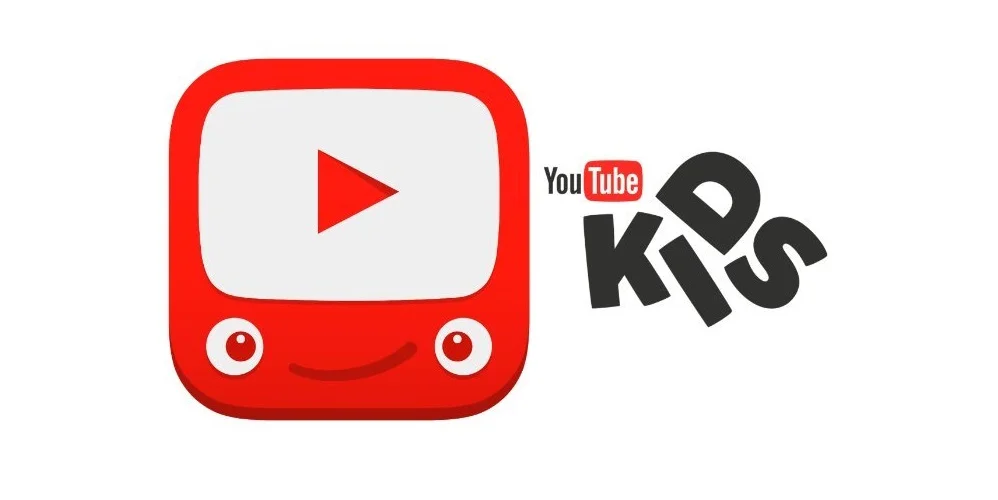Podcasting has emerged as one of the most influential forms of digital media in recent years. With millions of podcasts available on various topics, it’s no wonder that many individuals and businesses are eager to jump on the podcasting bandwagon. However, starting a successful podcast requires more than just recording your voice and uploading it to the internet. In this article, we’ll walk you through the essential steps to create and launch a podcast that stands out and captures the attention of your target audience.
Before you invest time and resources into podcasting, it’s crucial to define your podcast’s concept. Ask yourself these questions:
What makes your podcast unique or different from existing ones?
Choosing a niche that you are passionate about and that has an audience is key to the success of your podcast. Research your chosen niche thoroughly to understand your competition and identify gaps you can fill with your content.
1. Plan Your Content
Once you have a clear concept, plan your podcast episodes. Create a content calendar that outlines topics, episode titles, and potential guest interviews if applicable. A well-structured plan will help you stay organized and maintain consistency in your podcast release schedule.
2. Invest in Quality Equipment
Audio quality is paramount in podcasting. Invest in a good-quality microphone, headphones, and audio editing software. While you don’t need the most expensive gear on the market, a reliable setup will make a significant difference in the overall production value of your podcast.
3. Record and Edit
When recording your podcast, choose a quiet location with minimal background noise. Ensure your microphone is properly set up and test your recording levels. It’s essential to capture clear and professional-sounding audio from the start.
After recording, edit your podcast to remove any mistakes, awkward pauses, or irrelevant content. Editing software like Adobe Audition or Audacity can help you enhance the quality of your episodes.
4. Create Eye-catching Cover Art
Your podcast’s cover art is often the first thing potential listeners see. Create a visually appealing and informative cover that reflects your podcast’s theme and personality. Invest in professional graphic design if necessary, as a compelling cover can significantly impact your podcast’s visibility.
5. Find a Hosting Platform
You’ll need a reliable hosting platform to store and distribute your podcast episodes. Popular hosting services include Libsyn, Podbean, and Anchor. Compare features, pricing, and storage options to choose the best fit for your podcast.
6. Record an Engaging Trailer
Before launching your podcast, create a trailer episode that introduces your show and its concept. This short episode will give potential listeners a taste of what to expect, enticing them to subscribe when you officially launch.
7. Launch with Multiple Episodes
Instead of launching with just one episode, consider releasing multiple episodes to build initial momentum. This approach helps new listeners dive deeper into your content and increases the chances of them subscribing and staying engaged.
8. Promote Your Podcast
Promotion is a critical step in podcast success. Utilize social media, your website, email newsletters, and other marketing channels to promote your podcast. Engage with your audience, respond to comments, and encourage listeners to leave reviews and share your episodes.
9. Collaborate and Network
Networking and collaboration can help you reach a broader audience. Connect with other podcasters in your niche, guest on their shows, and invite them to appear on your podcast. Cross-promotion can introduce your podcast to new listeners.
10. Consistency Is Key
Consistency is vital for building an audience. Stick to a regular release schedule, whether it’s weekly, bi-weekly, or monthly. Your listeners should know when to expect new episodes, which helps maintain their interest and loyalty.
11. Monitor and Adapt
Track the performance of your podcast using analytics provided by your hosting platform. Pay attention to metrics like downloads, listener demographics, and episode popularity. Use this data to refine your content, understand your audience’s preferences, and adapt your approach accordingly.
Final Talk
Starting a successful podcast takes dedication, planning, and a commitment to delivering high-quality content consistently. Define your concept, invest in the right equipment, create engaging content, and promote your podcast effectively. By following these steps and continuously learning and adapting, you can increase your chances of creating a podcast that resonates with your target audience and achieves long-term success in the dynamic world of podcasting.
FAQ
1. Do I need to have prior experience in podcasting to start one successfully?
No, prior podcasting experience isn’t necessary, but it can be helpful. Many successful podcasters started with little to no experience but learned along the way. The key is to be passionate about your topic and willing to invest time in research and learning.
2. How long should my podcast episodes be?
The ideal length varies depending on your content and audience, but most successful podcasts range from 20 minutes to an hour. Focus on delivering value rather than adhering to a strict time limit. Keep your content engaging and relevant to hold your listeners’ attention.
3. How can I monetize my podcast?
There are several ways to monetize your podcast, including sponsorships, affiliate marketing, merchandise sales, listener donations (via platforms like Patreon), and selling premium content or bonus episodes. The most effective strategy may depend on your audience size and niche.
4. What if I can’t find guests for my podcast?
Finding guests can be challenging, but it’s not impossible. Start by reaching out to people in your network who have expertise in your podcast’s niche. You can also join relevant online communities, attend conferences or events, and use social media platforms to connect with potential guests.
5. How do I handle negative feedback or criticism from listeners?
Negative feedback is a part of podcasting. While constructive criticism can help you improve, it’s essential to develop a thick skin and focus on the positive feedback. Engage with your audience respectfully, address valid concerns, and use criticism as an opportunity for growth.
6. Is it necessary to invest in a professional studio for recording?
A professional studio setup can enhance audio quality, but it’s not always necessary. Many successful podcasts are recorded in home studios or even quiet spaces in your home. Invest in a good-quality microphone and prioritize soundproofing to improve your recordings.







